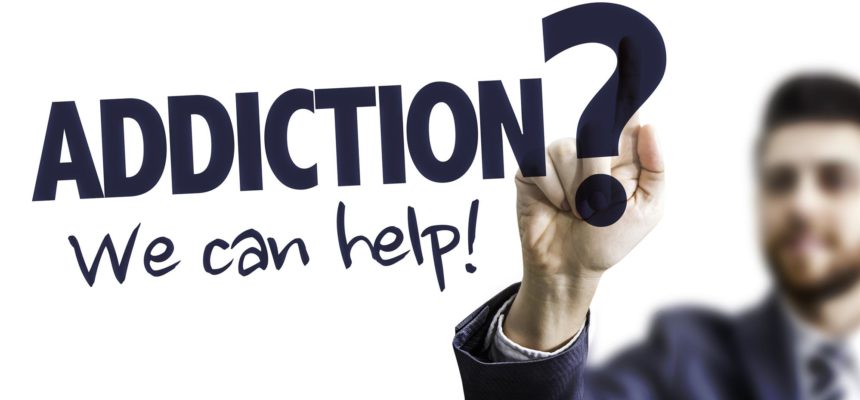
Intensive Outpatient vs. 12-Step Programs
For those who don’t choose an inpatient program, intensive outpatient treatment for substance abuse, such as that offered by Yellowstone Recovery, is often available. Many choose 12-step programs created by the founders of Alcoholics Anonymous (AA) as a road to sobriety. Some clients are more self-guided. However, others require more structure and support to deal with cravings, relapses, and stress. Here is a look at these two treatment options and their differences.
Intensive Outpatient Program (IOP)
What is outpatient treatment? An intensive program requires a greater commitment than comparable programs, yet the client can reside at a sober living facility or with their family and keep their job. Group therapy is a big part of the program. For example, Yellowstone Recovery requires four group therapy sessions weekly, plus an individual session every other week. Participants must attend nine to ten hours of therapy per week.
Outpatient rehabilitation is most suited for clients with relatively mild symptoms. The outpatient program definition highlights its purpose in treating an individual willing to participate. Individuals are carefully evaluated in the beginning, to understand their substance abuse habits as much as possible and confirm they meet IOP program requirements. A program can consist of various types of group counseling, according to the Substance Abuse and Mental Health Services Administration. These can focus on:
• Psychoeducational training, with education on substance dependence and consequences
• Skills development groups that teach drug/alcohol refusal, assertion, or stress management
• Support groups for people in the same stage of recovery
• Interpersonal process groups involving peers or families and couples
In a structured group setting, participants can discuss their thoughts and emotions and support one another during recovery. A trained substance abuse counselor supervises the meetings. Intensive outpatient drug rehab also includes one-on-one counseling and family therapy where challenges are discussed and tools are provided to help an individual’s family provide continued support.
12-Step Programs

The traditional 12-step program is similar to outpatient rehab programs in that it relies on social interaction. Rather than being led by therapists and clinicians, it consists of fellowships of individuals facing a common problem they’re looking to overcome. Being in a 12-step group doesn’t necessarily mean one is taking the 12 steps.
The 12 steps of AA have existed since the 1930s. While there’s an emphasis on spirituality, they have been applied in many ways, accounting for different religious beliefs, interpretations, and use by non-religious individuals. Each step can be followed at the participant’s own pace, and even revisited as they move along, and these include:
• Admitting powerlessness over substance abuse
• Belief in a power greater than oneself to restore sobriety
• Deciding to entrust one’s will to a higher power
• Examining one’s personal morals
• Admitting the nature of one’s wrongs
• Allowing a higher power to remove defects in character
• Asking for removal of shortcomings
• Identifying people harmed by one’s substance abuse
• Making direct amends wherever possible
• Continuing to examine oneself and admit faults
• Using prayer and meditation to communicate with higher powers
• Achieving spiritual awakening and practicing 12-step principles in life
Both IOPs and 12-step programs focus on support and a common goal of sobriety. If looking for an IOP alcohol treatment program that uses the 12-step model, the Yellowstone Recovery outpatient treatment center employs this approach. To learn more, request information online or call 888-941-9048.








